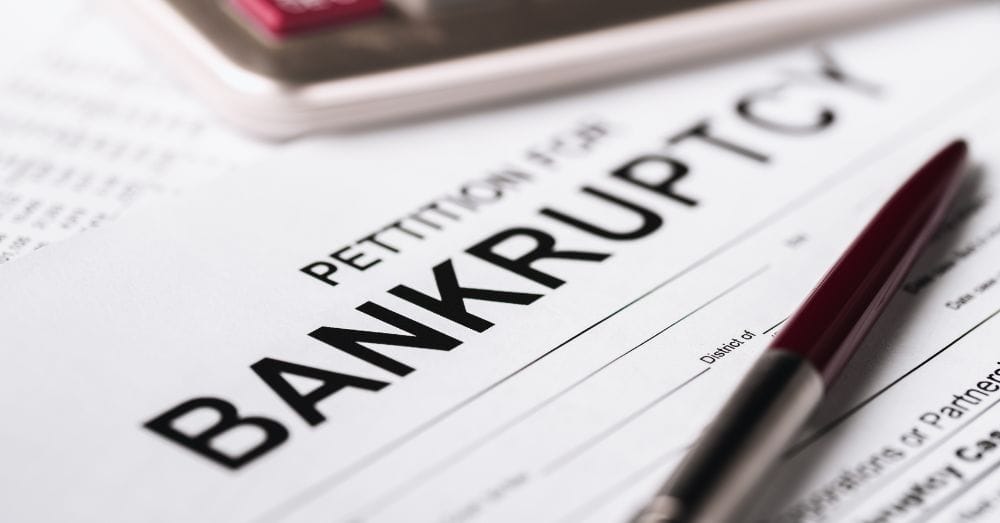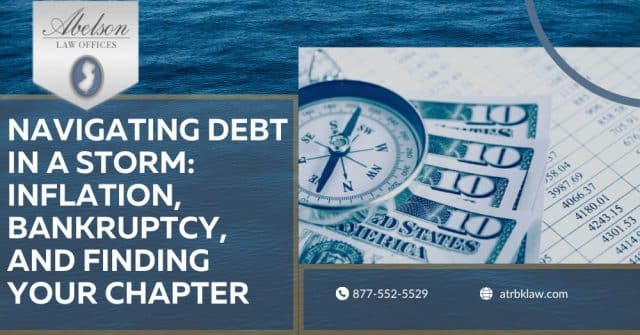There is a tremendous amount of chatter these days about the long-term effect of the Covid-19 Economic Shutdown, with predictions that a great many of today’s small businesses will not be able to survive this cataclysmic event. While we all hope that reopening can safely be accomplished and that government assistance may be enough for businesses to hang on, the reality suggests that small business bankruptcies are headed for record numbers.
If you are remotely considering this possibility, it requires that you plan ahead. Bankruptcy should never be raced into, as the wrong type of filing or proper retention of books and records or failing to adequately satisfy priority debts can have lasting negative consequences on the owner. We advise most small business owners to consider numerous factors before making any decision. These include:
- Is the business salvageable through a reorganization of the debts? If so, then a thorough review of the provisions of Chapter 11 or the new Subchapter 5 Small Business Bankruptcy sections of the Bankruptcy Code is required.
If the business is a sole proprietorship? If so, then the same effect may be possible through an individual Chapter 13 filing with substantially fewer costs. - Have the non-dischargeable personal debts, i.e. employment taxes, sales taxes been paid down prior to closing? If not, these obligations are going to follow the owner and perhaps force a personal bankruptcy.
- How much of the debt has been personally guaranteed by the owner? These debts will also follow the owner and should be addressed at the beginning.
- Are the books and records in order? The proper maintenance of records so a Bankruptcy Trustee can adequately review the finances of the business is essential and the failure to have them can be the cause of the dismissal of the bankruptcy itself.
- Have there been inappropriate distributions from the business (i.e. dissipation of assets) which have prejudiced the creditors from receiving their due share? Chapter 7 Trustees will not hesitate to sue the owner of the business to recover monies that have been disproportionately siphoned off from the business for personal expenses.
Bankruptcy can be an absolute remedy when a business fails, but an ill-considered, ill-timed or inadequately prepared bankruptcy filing can be fraught with consequences. Always work with competent counsel, start early, and plan ahead!




